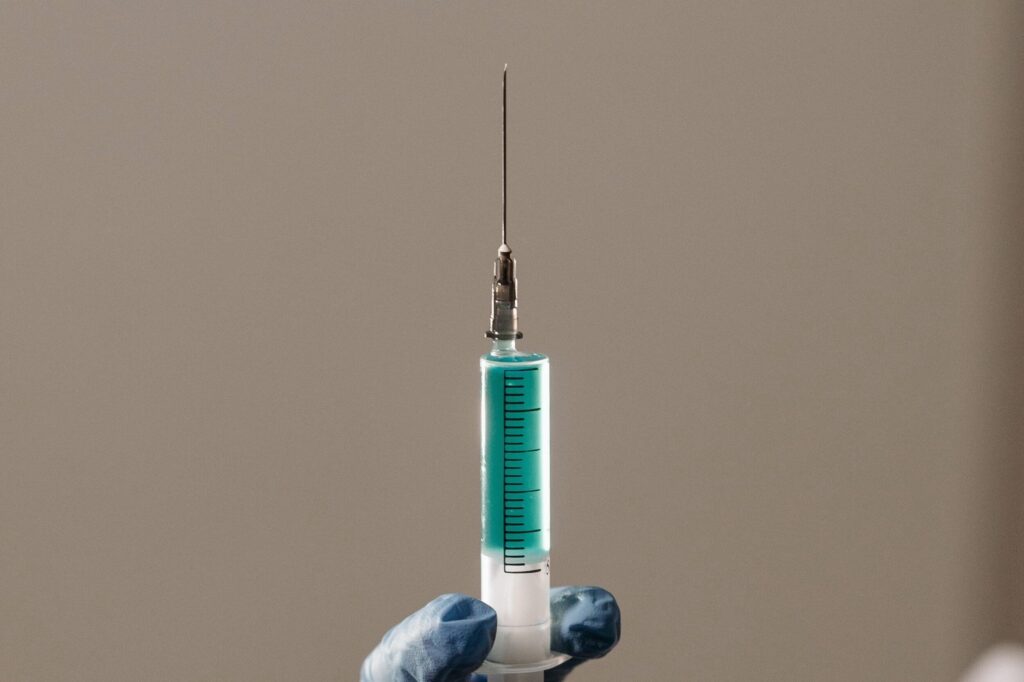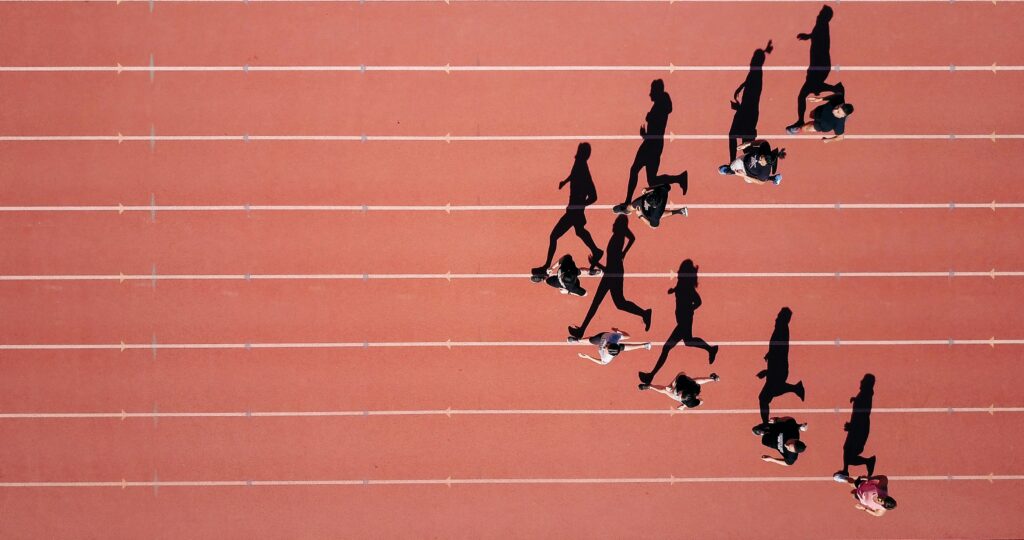Doping is the use of a prohibited substance (eg: a steroid/erythropoietin) or a prohibited method (eg: blood/gene doping) aimed at increasing athletic performance and concealing or attempting to conceal such use of substances/methods. Possession/trafficking of prohibited substances and evasion of/tampering with a doping control process are also considered doping offenses.

Highlights
- Doping is the use of a prohibited substance (eg: a steroid/erythropoietin) or a prohibited method (eg: blood/gene doping) aimed at increasing athletic performance and concealing or attempting to conceal such use of substances/ methods,
- The global regulator for anti-doping in sport is WADA (World Anti-Doping Agency). Every year, WADA publishes a prohibited list of substances and methods,
- Doping includes the use of steroids/anabolic agents, blood doping and erythropoietin, stimulants, human growth hormone (HGH), peptide hormones and their analogues, opioids and masking agents.
Why is Doping wrong in Sports?
Doping is considered to be wrong in any sport due to the following reasons:
- It is against the values of the sport
- It is against the integrity of the sport
- It provides unfair advantage over others
- It can cause health risks to the athlete
The global regulator for anti-doping in sport is WADA (World Anti-doping Agency). Every year, WADA publishes a prohibited list of substances and methods.
What is the prohibited list?
Prohibited list is an inventory of substances and methods that are prohibited both in and out of competitions for the athletes.
Dangers/risks of doping for athletes
Below are a few examples of physiological effects associated with the use of prohibited substances such as:
1. Steroids/anabolic agents
The main medical use of these substances is to treat delayed puberty, improving muscle mass (in treating muscle-wasting disorders). Some physiological and psychological effects of anabolic steroid use have the potential to impact the athlete, while other side effects are specific to gender.
- Physiological effects are:
- Acne
- Male pattern baldness
- Liver Damage
- Premature closure of the growth centers in adolescents), which may affect growth and development
- Increased aggressiveness
- Withdrawal from anabolic steroid use is associated with depression, and in some cases, suicidal tendencies.
Gender-specific effects are:
- Males: Breast tissue development, shrinking of the testicles, impotence, reduction in sperm production.
- Females: Deepening of the voice, cessation of breast development, more growth of hair on the face/stomach/upper back and abnormal menstrual cycles.
2. Blood doping and erythropoietin (EPO)
Blood doping is the use of certain substances/techniques to increase the red blood cells in the body, thereby increasing aerobic capacity and endurance. Substances/methods used for blood doping are erythropoietin (EPO), synthetic oxygen carriers and blood transfusions. The main use of blood transfusions and synthetic oxygen carriers are for patients who suffered massive blood loss due to injury or other medical conditions. Erythropoietin is used in the treatment of anemia (low blood count). Misuse of these substances and/or techniques by healthy individuals or athletes could lead to a range of serious health effects such as:
- Blood clotting
- Strokes
- Heart attacks
- Pulmonary embolism (a condition in which one of the pulmonary arteries in the lungs gets blocked by a blood clot. This may cause chest pain, breathlessness and cough).
- Risk of contracting infectious diseases such as: AIDS/hepatitis

3. Stimulants
The main medical use of these compounds is to treat conditions such as attention deficit disorders (ADD/ADHD), depression, bipolar disorder, etc. There is an increased risk of presence of stimulants in the commonly used pre-workout supplements. Stimulants can cause physiological effects such as:
- Insomnia
- Anxiety
- Weight Loss
- Dependence and addiction
- Dehydration
- Tremors
- Increased heart rate and blood pressure
- Increased risk of stroke, heart attack and cardiac arrhythmia.
4. Human growth hormone (HGH), peptide hormones and their analogues
The main medical use of these substances may vary depending on the condition but some of them are used for treating cancer/medical conditions affecting growth and regulation of hormones. The presence of an abnormal concentration of a hormone or its metabolites in an athlete sample is deemed to contain a prohibited substance. These substances include: human growth hormone (HGH), insulin, human chorionic gonadotropin (HCG) and adrenocorticotropin (ACTH). They can cause physiological effects such as:
- Thyroid gland issues
- Severe headaches
- Loss of vision/vision-related issues
- Acromegaly (protruding/enlarged jaw, brow, skull, hands and feet)
- High blood pressure (hypertension) and heart failure (heart attack)
- Diabetes and/or tumours
5. Opioids
The main medical use of these substances is to relieve severe pain. Overdose of opioids can lead to respiratory depression and even death. The use of opioid substances such as morphine/codeine in healthy individuals or athletes can cause health risks such as:
- Gastrointestinal issues: nausea, vomiting, constipation
- Loss of balance, coordination and/or concentration
- Respiratory depression leading to difficulty breathing
- Physical and psychological dependence, eventually leading to addiction
6. Masking agents
Masking agents are used by athletes to prevent detection of prohibited substances such as anabolic steroids or stimulants. Diuretics are the most commonly used masking agents. Diuretics work by increasing water loss through urine excretion, thereby resulting in low concentrations of the prohibited substances during analysis.
Measures to prevent doping
Before taking a supplement, an athlete should assess the
- Need: All athletes should seek advice from healthcare professionals or nutritionists for the assessment of the need to use supplement products.
- Risk: Do thorough research of all supplement products you are considering to take for optimizing micronutrients/to support performance and consult a healthcare professional before taking any supplements.
- Consequences: It is important to know the consequences since an athlete can receive up to a four-year ban for an anti-doping rule violation.
Before taking any medication, an athlete should consult a sports physician.
Conclusion
Medicines used to treat aches/pains, colds and flu may contain prohibited substances. Food supplements may contain prohibited substances (if not prepared in a controlled facility). The whole ingredient list of the supplements may not be mentioned on the label. It is ideal to use the supplements that are third-party verified (eg: Informed-sport, BSCG, NSF etc). Doping is considered against the rules and integrity of sports and it is essential for athletes to play it clean and safe to prevent health risks and sanctions in sport. It is recommended for athletes to consider the ‘food-first’ approach to prevent risks of doping and to prevent associated health and career risks.
Disclaimer: The contents of this article are for general information and educational purposes only. It neither provides any medical advice nor intends to substitute professional medical opinion on the treatment, diagnosis, prevention or alleviation of any disease, disorder or disability. Always consult with your doctor or qualified healthcare professional about your health condition and/or concerns before undertaking a new healthcare regimen including making any dietary or lifestyle changes.
References
- https://pubmed.ncbi.nlm.nih.gov/24766400/
- https://www.ncbi.nlm.nih.gov/pmc/articles/PMC2219897/
- https://www.ncbi.nlm.nih.gov/pmc/articles/PMC5867441/pdf/bjsports-2018-099027.pdf
- https://www.ncbi.nlm.nih.gov/pmc/articles/PMC4203840/
- https://www.sportintegrity.gov.au/what-we-do/education/health-effects-of-doping








